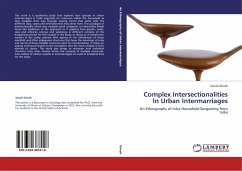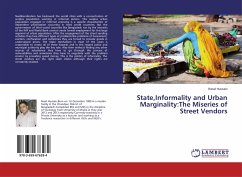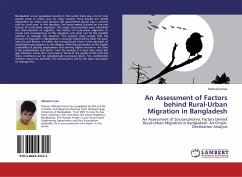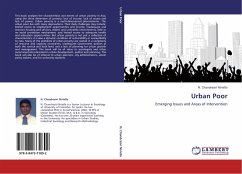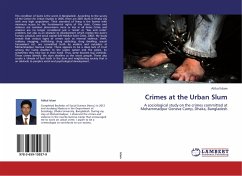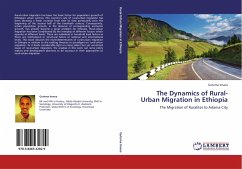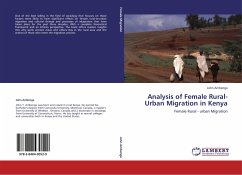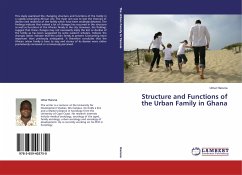This work is a qualitative study that explores how spouses in urban intermarriages in India negotiate for resources within the household as they navigate their way through varying norms that come with the different class, castes and ethnicities that they draw from. The paradigm of intersectionality which sees multiple social categories as inextricably linked forms the backbone of the approach as it explores how gender, caste, class and ethnicity emerge and submerge in different contexts of the bargaining process for the couples in the study. In doing so it reveals how women in the study, exercise their agency in the intersection of these manifold and often ambiguous structures that leave the meanings of rules and norms of these multiple structures open for interpretation. It draws an agency continuum based on the innovation that the actors display in their exercise of choice. The study also brings to attention how individual character traits steer choices within the compass of multiple structures. Case studies of sixteen couples in intermarriages are used as analytical data for the study.
Bitte wählen Sie Ihr Anliegen aus.
Rechnungen
Retourenschein anfordern
Bestellstatus
Storno

